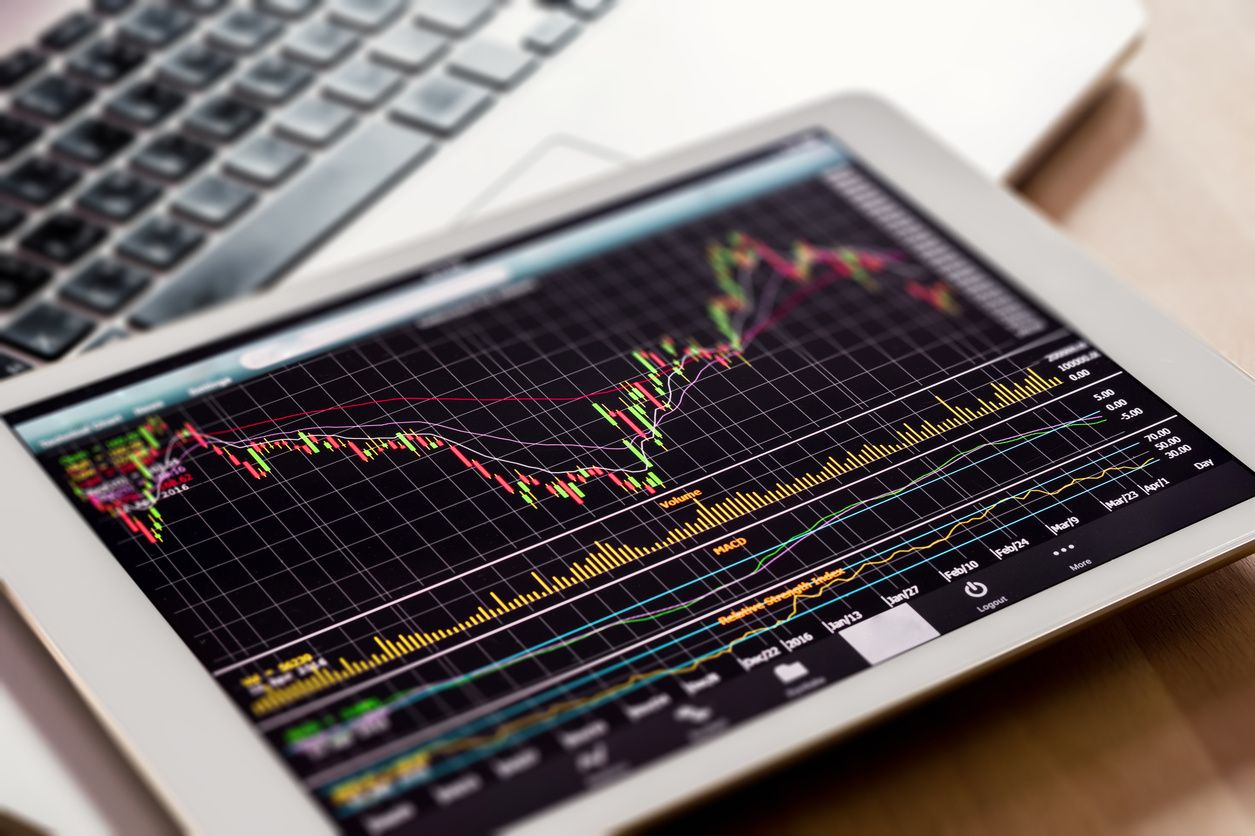The following was adapted from De Novo Capital’s letter to investors:
Most remarkable about the stock market in 2018 was how quickly the script flipped from strong economic growth to fears of a recession or even a full-blown financial crisis. After a short period of volatility early in the year, stocks rose through the spring and summer on strong economic data until the fourth quarter when the sharp decline left few stocks spared. After being up nearly 10% in 2018, the market fell 20% off its high putting stocks into a bear market before rebounding slightly into year end. The result was the worst year for stocks since 2008.
A variety of concerns roiled the markets – inflation, rising interest rates, tariffs, a weakening housing sector, weakening global growth. While the market is forward-looking and any of these issues can get worse, it is notable that there is no specific crisis affecting the market, and with US economic growth projected to be in the mid-2 percent range in the fourth quarter, we are not in a recession. Indeed, many economic indicators, including employment, retail sales and manufacturing activity show continued growth although at a slower rate than earlier in 2018.
This sell-off was not born of crisis but of anticipation. After the full-scale crash that ended the last economic cycle, investors are skittish of weakness anywhere and are selling at the first sign of trouble. Yet a decline of more than 20% from the highs is rare absent a recession, happening only twice since World War II. Such a sharp drop feels like the end of the bull market and the end of good economic times, so naturally the calls for an imminent recession are growing.
Thus, the question on everyone’s mind is: Will we have a recession this year?
I believe a recession this year is possible but not likely. However, our investment strategy does not and should not depend on timing a recession. Regardless of whether a recession happens this year, eventually one will come and we should be prepared.
More important than predicting the timing of a recession is understanding its likely impact. Which industries have suffered over-investment and will crash? Which companies are overleveraged and living on borrowed time, set to enter bankruptcy when revenues decline and credit dries up? Investors must understand the difference between mere volatility, where prices swing up and down but the health of the underlying companies remains intact, and where we face a real risk of permanent loss of capital as the economic cycle works its destructive tendencies.
Here, the contrast with the previous two market crashes is stark. The 1990s saw excessive investment in Internet technology and telecom. The resulting crash saw a wave of bankruptcies and permanently impaired assets in both debt and equity markets. The mid-2000s saw massive asset inflation in housing and related financial assets; the bursting of the housing bubble wreaked havoc on overleveraged consumers and financial institutions. Not only were dodgy companies crushed, but many storied financial institutions ceased to exist or were cut to fractions of their previous size.
Today, the consumer environment continues to strengthen, and the financial industry is the strongest in decades. Unemployment is low and consumer balance sheets have been stable. The current cycle has not repeated the excesses of investment that created the previous bubbles and crashes (except for small pockets like cryptocurrency). While I can think of some cash-burning companies that will not survive a recession, this is common to every business cycle and the simplest way to avoid the risk is to avoid the shares.
The next recession likely will be a typical recession, if there is such a thing. The probable cause will be the Federal Reserve tightening monetary policy to tame inflation, or perhaps reduced export activity as the global trade war continues (government shutdowns pose risks as well). While there will be short term hits to corporate profits and share prices, asset impairment will be temporary for durable companies with strong balance sheets. These companies will see their stocks recover in time along with the broader economy.
Therein lies our strategy to manage this risk: The sell-off provides the opportunity to upgrade our portfolio by buying high-quality companies that should perform well in a rebound but, more importantly, give us greater confidence in holding through further decline. This strategy should serve us well if the market sees a rebound but provide long-term protection if the economy weakens. We had held cash in the portfolio when prices were higher, and with stocks of great companies suddenly offered at good prices, we spent down most of this cash in the fourth quarter. We are now in the process of upgrading the portfolio by selling weaker companies in order to buy stronger ones. These companies are well-situated to withstand and recover following a recession.
We cannot avoid volatility if we seek stock market gains. Volatility is the price of admission to the markets. We can, however, minimize our risk of permanent loss of capital by careful investment selection.

1 thought on “Our Investment Strategy Does Not Depend on Timing a Recession”
Comments are closed.